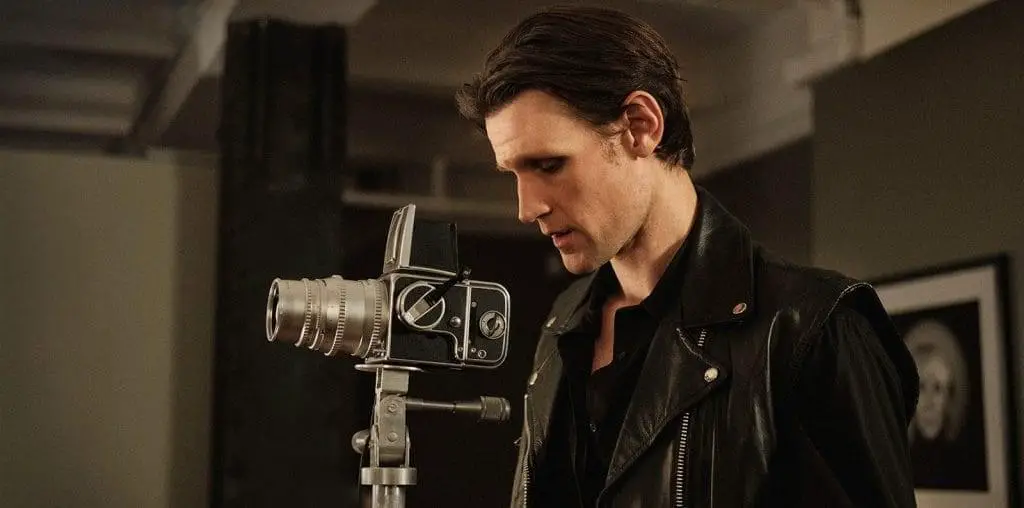
It’s hard to decide what’s bigger news: that a Rotterdam jury split on yet another experimental movie, or that it snowed for the first time in two years.
The plucky spirit of the world’s most interesting film festival was embodied in both scenarios. Rotterdam, due to extensive bombing during World War II, is Holland’s most modern city — look at the downtown architecture, including the bizarre Pathe cinema house — yet it is also filled with traditional neighborhoods. The famous Dutch tolerance is often put to the test with mind-numbingly challenging art house fare that sometimes dares an audience to walk out (and often they do) and frequently reveals fantastical new worlds outside Western studio product.
As one Dutch tabloid put it, this year’s Rotterdam, the 32nd edition of the world’s second-largest festival (to Berlin, in terms of number of films) was “289 directors, no stars.” All that on a $5.8 million budget.
“Actually, Rotterdam crowds are not as sophisticated as you might think,” said Rotterdam native Tom Mes, a Paris-based free-lance writer whose website Midnight Eye covers modern Japanese cinema, and whose book on Japanese raconteur Miike Takashi is due to be published in March. “When the festival is not in town, it’s a myth.”
Nevertheless, the last day of the Rotterdam festival is truly unique, and strictly for the locals: On Sunday, Feb. 2, a day after most media has moved on, people from all over the Netherlands packed thermoses and sandwiches, took the train to Rotterdam Centraal and basked in a day’s worth of festival highlights, which are unannounced until that morning. Rotterdam has a definite sense of community, and although it doesn’t usually snow, Rotterdam is definitely a cold-weather festival, which makes for a more intimate viewing experience.
Rotterdam’s main competition, eligible for films that are by first- or second-time directors, yields three equal winners of the Tiger Award each year. This time around, the Tigers went to “Extrano” (“Strange”), an Argentine mood piece about a former doctor who is resigned to the meaninglessness of life; “Jealousy Is My Middle Name,” an extremely well-written if overlong social comedy-drama; and “With Love. Lilya,” a Russian film that’s less cutting edge than rooted in the traditional rural dramas of 1970s Soviet cinema.
Among the others awards, prizes that recognize unusual uses of the cinematic language included one for “Welcome to Destination Shanghai,” Andrew Chang’s experimental video portrayal of modern Shanghainese, and “Blissfully Yours,” by the increasingly high-profile Thai art house director Apichatpong Weerasethakul. That’s the one that polarized the Rotterdam jury.
A two-hour-plus film with credits that don’t start rolling until 45 minutes in and with a jumbled narrative that “would be meaningless without it’s final shot, which many audiences can’t take,” says noted Sight and Sound critic Tony Rayns, it finally received notice by the jury for “its original narrative construction, quirky humor, playful use of drawings, effortless shifts of mood and its subtle exploration of politics in regards to illegal immigration. The film evoked a long and heated debate amongst jury members . . . rather than looking for an acceptable compromise, we have decided to award a film that tends to polarize its audiences.”
And that’s Rotterdam in a nutshell. Perhaps the biggest “star” at the festival was director Paul Thomas Anderson, who shepherded Punch-Drunk Love to a corner of the world it has yet to play, and he mingled with the crowds. Co-festival director Simon Field, who marveled at Anderson’s accessibility, said the filmmaker told him “he had a great time not being treated as a star.”
So if it’s about the films, then what about the films?
Get a few highlights and comments on the 32nd edition of Rotterdam in part two of ROTTERDAM WRAP-UP>>>

